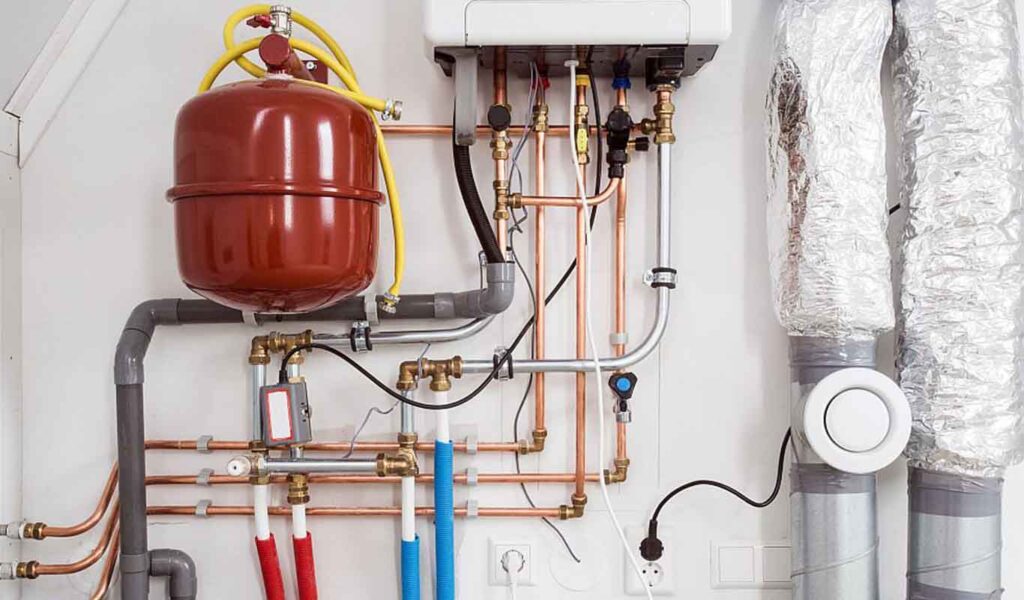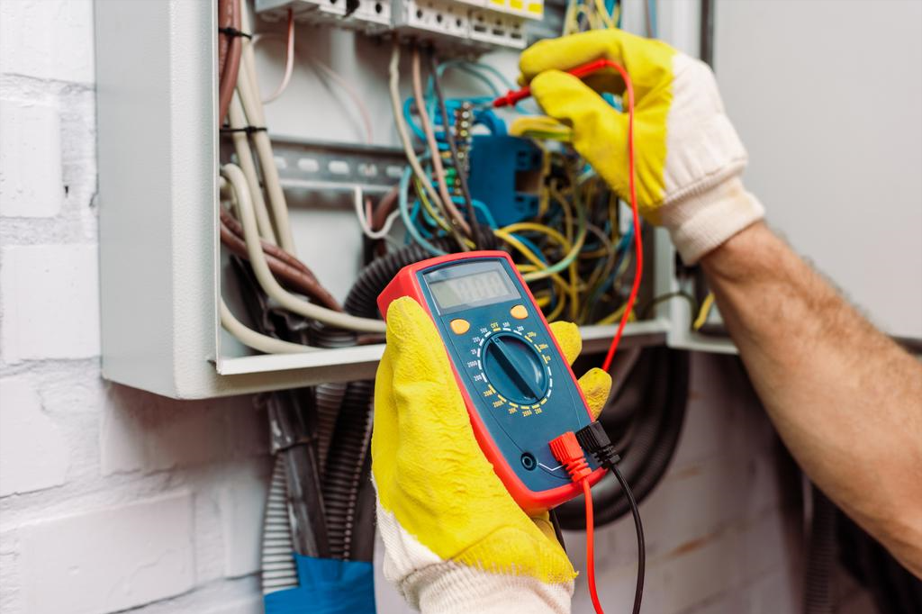The 7 Most Common Plumbing Issues in Belgium (and How to Prevent Them)
Belgian households often face recurring plumbing issues due to hard water, cold winters, and older infrastructures. Here’s a detailed look at the most common plumbing problems – and how to avoid expensive repairs.
1. Clogged Drains
Hair, grease, soap scum, and food waste are the most common culprits, especially in bathroom and kitchen sinks.
✅ Prevention: Use drain strainers, avoid pouring grease down the sink, and clean out traps monthly with a natural mix of baking soda and vinegar.
2. Leaky Faucets
A constant drip wastes water and money over time.
✅ Prevention: Replace washers or cartridges early. If dripping continues, it may be time to replace the tap or call in a plumber.
3. Running Toilets
Often unnoticed, a leaking cistern can waste over 100 litres per day.
✅ Prevention: Listen for running water after flushing. If it doesn’t stop, have the internal mechanism checked or replaced.
4. Low Water Pressure
Frequently due to lime-scale buildup in pipes or faucet aerators.
✅ Prevention: Install a water softener system in hard water areas like Liège. Clean showerheads and faucet filters regularly.
5. Frozen Pipes in Winter
When pipes freeze, they can burst and flood your home.
✅ Prevention: Insulate any exposed pipes, especially in basements, attics, and outside walls. Let taps drip slightly during freezing nights.
6. Bad Smells from Drains
Foul odors can come from a blocked or unventilated pipe system.
✅ Prevention: Clean traps and drains monthly. A mixture of hot water and vinegar helps eliminate bacteria and buildup.
7. Boiler Breakdowns
Very common during the winter months when demand peaks.
✅ Prevention: Schedule your mandatory annual maintenance. A certified heating plumber will catch issues early and keep your system efficient.
💧Need help in Brussels, Namur, or Ghent? Call our certified plumbing experts for emergency repairs or regular checkups – 24/7.


